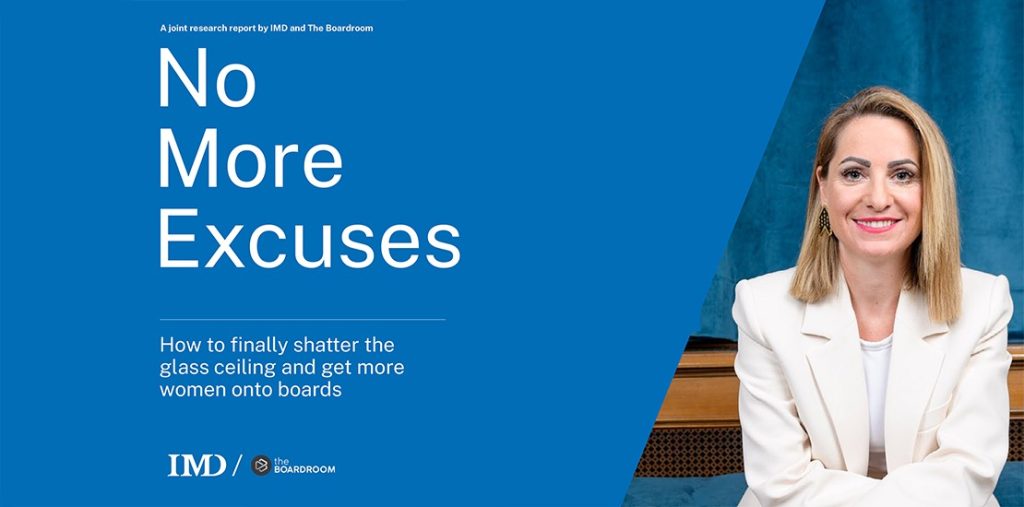NAVIGATING THE PATH TO BOARDROOM SUCCESS.

PODCAST: UNLOCKING THE BOARDROOM
“Unlocking the Boardroom” is a monthly masterclass for business executives who aspire to claim their seat at the boardroom table driving change from the top. Host Diana Markaki, founder of the Boardroom, brings together the most powerful corporate minds globally to “unlock” the challenges and opportunities of a brave new world of business, writing the first boardroom manual for the next generation of leaders.
Thought Leadership

March 18, 2025
Thought Leadership
5 steps to embracing greater diversity on boards

September 12, 2024
Thought Leadership
New Research | “No More Excuses: How to finally shatter the glass ceiling and get more women onto boards”

August 29, 2024
Thought Leadership
How to run a high-performing business: Hire more women leaders

July 29, 2024
Greece
To the Boardroom Γιόρτασε τα Δεύτερά του Γενέθλια στην Αθήνα

June 1, 2024
Greece
Ντιάνα Μαρκάκη: Να καλλιεργούμε στις γυναίκες τη φιλοδοξία

May 21, 2024
Greece
Ντιάνα Μαρκάκη: «Πολλοί άντρες πιστεύουν πως είναι προνόμιο το να είσαι γυναίκα στον επαγγελματικό κόσμο»

SHOWCASE YOUR COMMITMENT TO BOARD EXCELLENCE
Join the most exclusive club for women executives who aspire to be board members.

